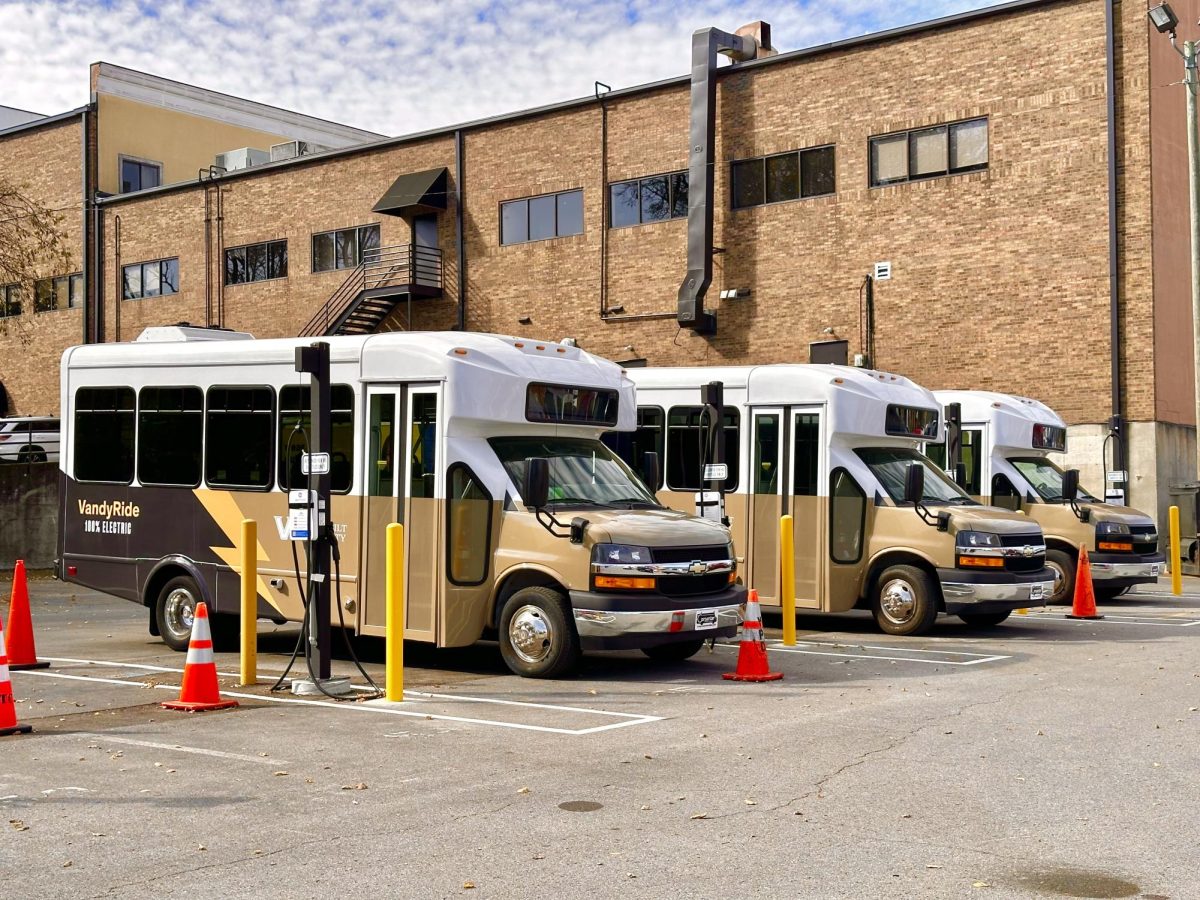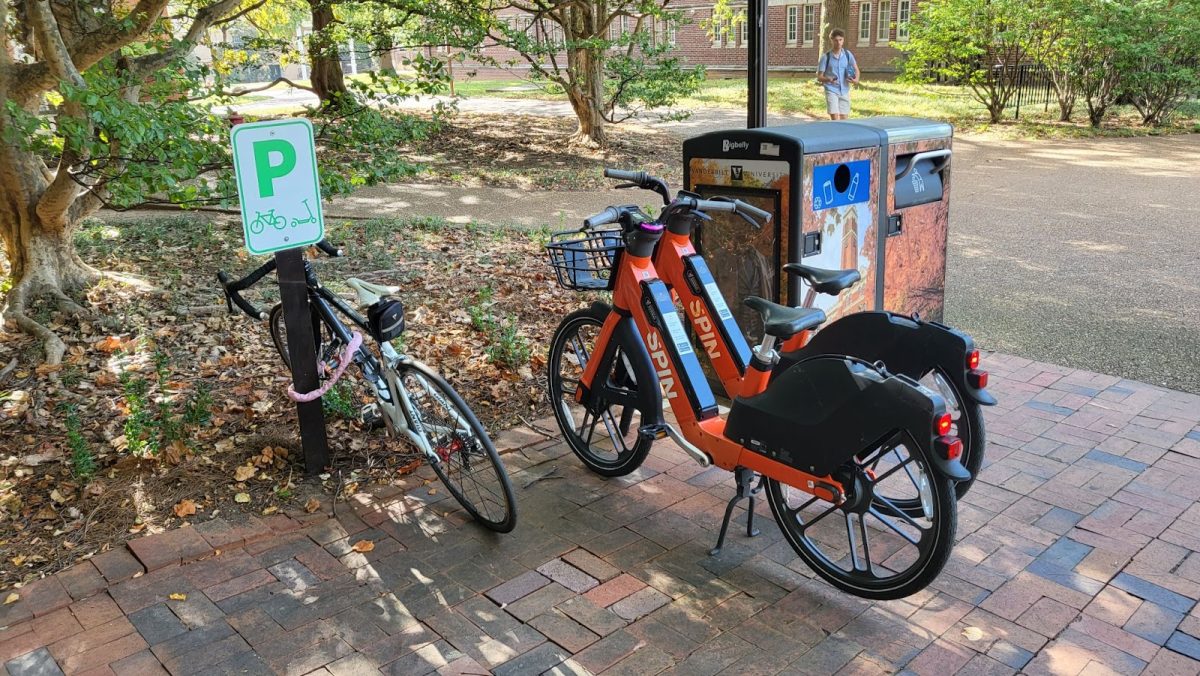Nashville is a vibrant, thriving and quickly-expanding city. With this growth spurt comes a need for greater and improved infrastructure, and with that need comes an opportunity. What if newly-installed roadways, or dilapidated ones undergoing repair, incorporated technology that generated power, improved safety or gathered data, which was then used to further improve the transportation system? While Nashville struggles to keep up with its growing transportation needs, nearby Georgia is adopting such technology and revolutionizing its highway system. The Ray, a highway near the Georgia-Alabama state line, has partnered with the Georgia DOT and Colas, an environmental infrastructure firm, to create one of the most environmentally friendly, safest and “smartest” roads of all time.
These roadways are constructed with a unique new technology called Wattway, a smaller, more durable version of solar panels that can be attached to newly created and pre-existing streets and highways. When cars aren’t obstructing the sun’s rays to the panels, which is nearly 90% of every day, Wattway collects energy that has the ability to power nearby locations, such as the Georgia Visitor Information Center, as well as more remote locations such as city and rural area lights and buildings. Further, since electrical vehicles are becoming more and more prevalent, an electrical vehicle charging station has been added, also powered by the Ray. As if these amazing feats weren’t enough, Georgia plans to construct a highway solar farm along the Ray that has the capacity to generate one megawatt of energy, enough to power about 165 homes with ease. This sustainable energy generation is helping Georgia to reduce their greenhouse gas emissions, carbon footprint and allowing the state to become more self-sufficient.
Not only do these pavers have massive energy producing capabilities, they also are incredibly safe and durable. One of the biggest inhibitors to solar panel usage is their fragility. Wattway is a composite material built to withstand heavy loads and large temperature changes, all while being only millimeters thick. The panels also incorporate tire gripping technology to make sure that these highway systems are safe for use by all vehicle types. These aspects greatly improve the attractiveness of this technology by making it usable in all terrains, weather types and for all motor vehicles.
Lastly, these roadways are a good research investment for the state of Georgia. The creators of the Ray have deemed the highway a “Living Lab”. They are using the ability of highways to not only connect, but to restore, according to their website. The road collects traffic, weather, collision and pollution data to inform smarter design. It powers electrical automobiles with sustainable energy from the sun. It’s improving car safety and gas mileage with newly implemented monitoring systems. They’re even exploring renewable construction materials to optimize the sustainability of the roads. Wattway technology and the Ray have opened the door to many new exciting possibilities in the world of environmental research.
As a metropolitan area grows and thrives, its transportation sector will inevitably be challenged to keep up. A neighboring state is addressing the problem head on by investing in new smart, energy-producing technology for its roadways. This technology is not only safe and durable, but is also environmentally friendly. As Nashville addresses its future transportation needs in its long-range planning, it might benefit from looking to Georgia for ideas.
















